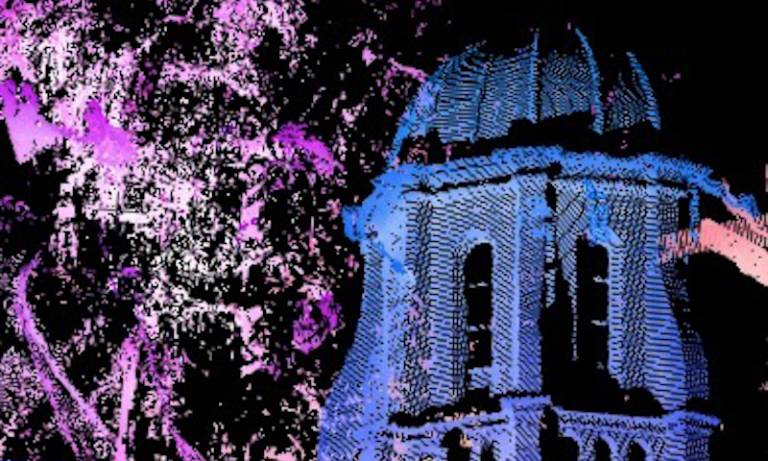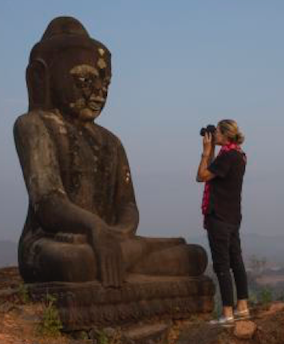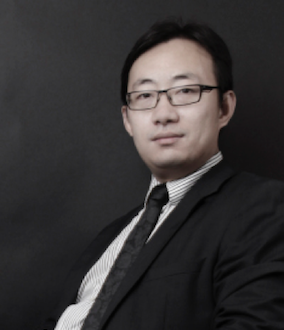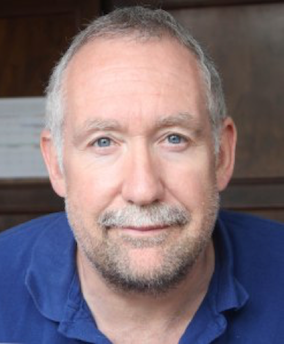digital cultural heritage: FUTURE VISIONS 2017 London symposium
13 November 2017–15 November 2017, 9:00 am–5:00 pm

Innovative new data collection and digital visualisation techniques can capture and share historic artefacts, places and practices faster, in greater detail and amongst a wider community than ever before.
Event Information
Open to
- All
Availability
- Sold out
Cost
- £225.00
Organiser
-
The Bartlett Real Estate Institute & the University of Queensland
Location
-
UCLHere eastLondonE15 2GWUnited Kingdom
Yet for many, gaps still exist between these evolving technologies and their application in everyday heritage practice. Following the success of a sister conference in Brisbane, Australia in April 2017, this symposium will focus on the emerging disciplines of digital cultural heritage and the established practice of heritage management. It will provide a platform for critical debate between those developing and applying innovative digital technology, and those seeking to integrate best practice into the preservation, presentation and sustainable management of cultural heritage.
This symposium is designed to encourage critical debate across a wide range of heritage-related disciplines.
Prices
- Early bird - £195 (available until 30 October 2017)
- Full rate - £225
- Student rate - £150
- One day rate - £125
Delegates giving a paper must register for the whole conference. For queries please contact Chris Landorf at c.landorf@uq.edu.au or Kelly Greenop at k.greenop1@uq.edu.au.
Keynote speakers
Professor Sarah Kenderdine (EPFL, Switzerland)

In widely exhibited installation works, she has amalgamated cultural heritage with new media art practice, especially in the realms of interactive cinema, augmented reality and embodied narrative.
Sarah is currently Professor of Digital Museology in the College of Humanities at EPFL, Switzerland.
Professor Andong Lu (Nanjing University, China)

Professor Lu has published widely in academic journals, including the Journal of Architecture, arq: Architectural Research Quarterly, Time + Architecture and World Architecture, etc. He co-edited with François Penz the Urban Cinematics (University of Chicago Press, 2011) and with Wowo Ding and Arie Graafland the Cities in Transition (NAi010 Press, 2015).
He is working on Steady Steps Forwards: Reflective Architectural Practice in China, a special issue of Architecture Design (forthcoming 2018). He is an architect, curator and filmmaker. His current research focuses on modern vernacular heritages in China, including early-20th century cocoonery architecture and the wetland settlements in the Yangtze Delta region.
Mr Tim Williams, FSA (University College London)

Mr Williams’ background is in urban archaeology, especially Roman, Islamic & Central Asian; approaches to complex stratigraphy; and archaeological site management. He worked for the Department of Urban Archaeology (Museum of London), between 1981-1991, and then was Head of Archaeology Commissions at English Heritage, before joining UCL in 2002, and has undertaken long running projects in Beirut, Lebanon & Merv, Turkmenistan.
His current research focuses on the development of urbanism along the Silk Roads. He is an ICOMOS expert member on advisory missions and panels, and undertook the ICOMOS thematic study of the Silk Roads, which moved away from the emphasis on east-west interaction by exploring the complexity and dynamics of cultural exchange. It provided the basis for the UNESCO World Heritage nomination strategy for the Silk Roads.
He is now working on the South Asian Silk Roads project, and assisting the Kingdom of Bhutan to develop its national heritage inventory using the Getty Conservation Institute’s open source system ARCHES.
 Close
Close

